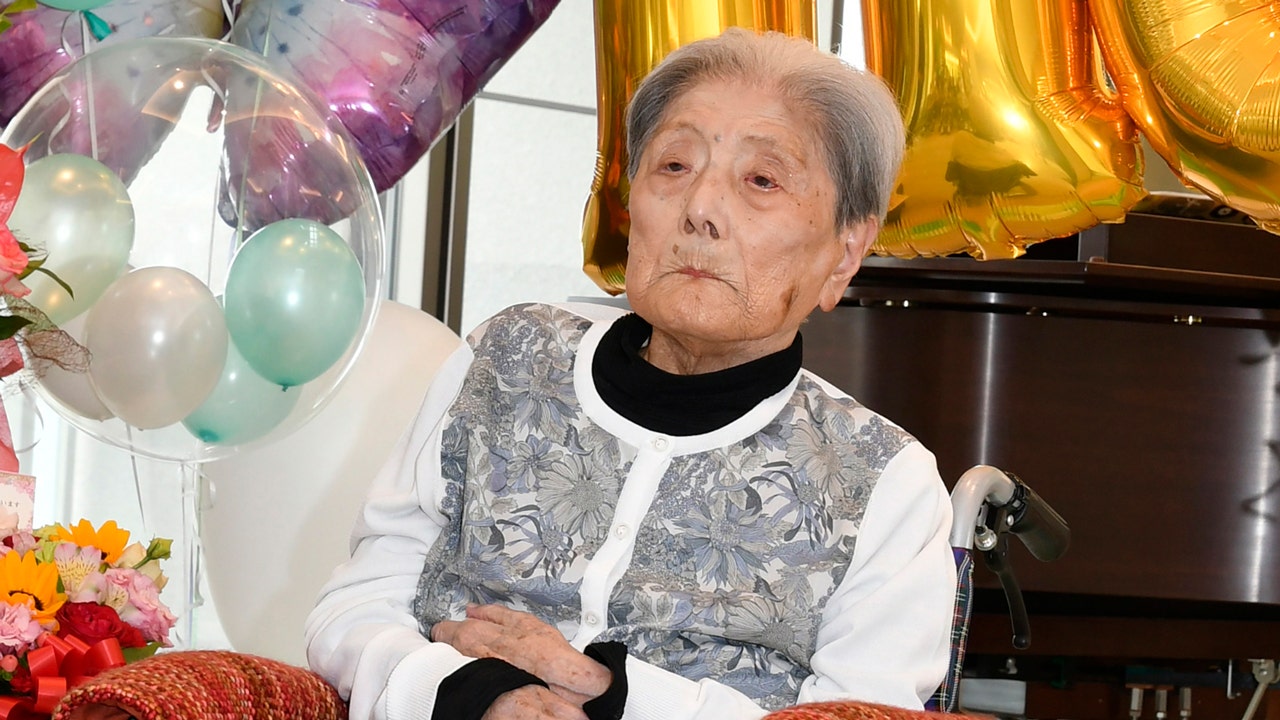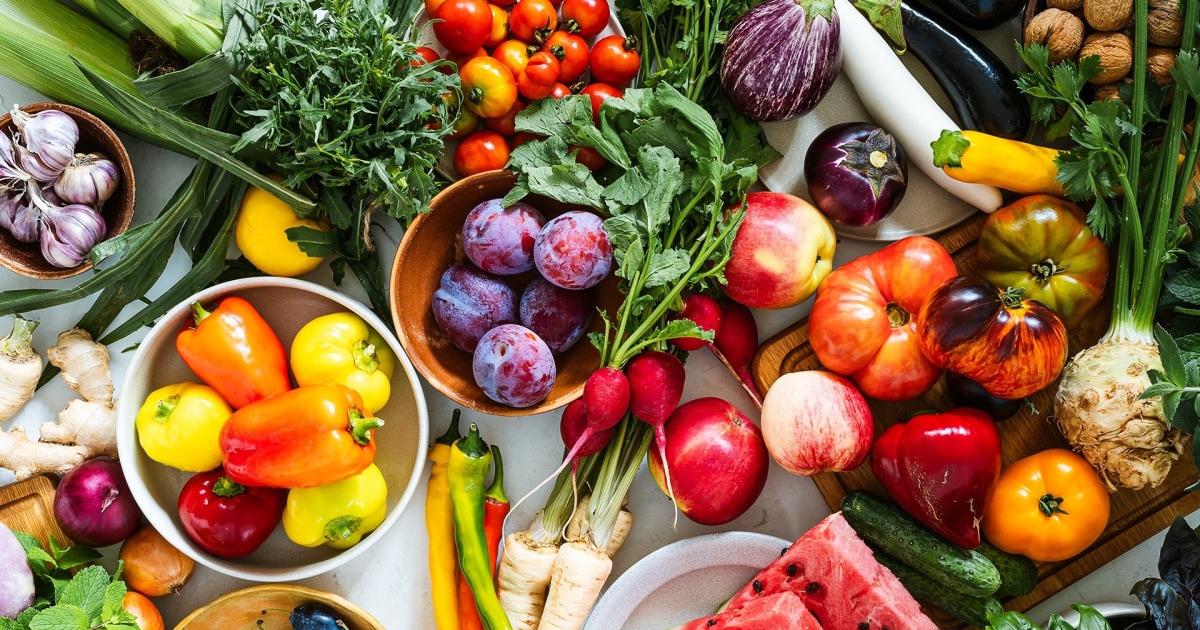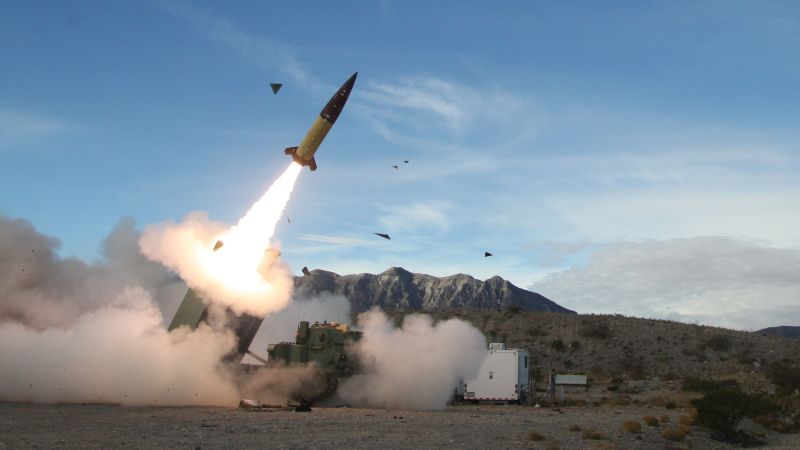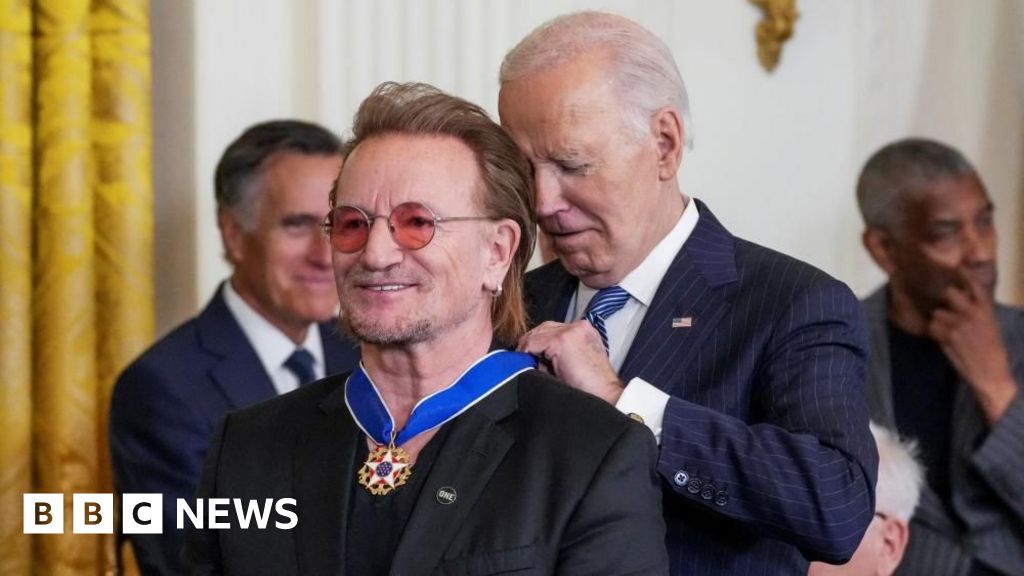World
Supreme Court issues decision on Trump immunity case | CNN Politics

Here’s a look at the key takeaways from Monday’s historic Supreme Court ruling that granted Donald Trump partial immunity from special counsel Jack Smith’s election subversion case and handed the former president a significant win during his reelection bid.
Trump got a bigger win than expected: For starters, the Supreme Court ruled that for “core” presidential activity, Trump has the absolute immunity he had sought. The majority said that Trump’s conversations with the Justice Department – his efforts to try to get officials on board with his effort to overturn the election – were covered with absolute immunity. For other official actions and more routine powers held by the president, the court said there is at least some immunity and it largely deferred to lower courts to sort that out. That’s a process that could take weeks or even months. Perhaps even more important, the majority made clear that official acts cannot be considered at all as evidence in a potential trial, which could make it much harder for Smith to prevail.
What’s next in the federal case against Trump? The next steps are likely to be more hearings, written arguments and even proceedings with witness testimony and debates over evidence before US District Judge Tanya Chutkan in Washington, DC. Once Chutkan works through the legal issues, it’s possible that more appeals of her preliminary decisions could put the case on hold again – adding in significant delay.
Liberals tear into majority for creating “a king above the law”: The nation’s long-held principle that no one is above the law was washed away by a ruling that means that in “every use of official power, the President is now a king above the law,” Justice Sonia Sotomayor said as she took the rare step of reading her dissent from the bench on Monday in a move that underscored how aggrieved the liberal bloc of the court is. “With fear for our democracy, I dissent,” she wrote at the end of her 30-page dissent.
Trump’s nominee Barrett pushes for a swift trial: Justice Amy Coney Barrett, Trump’s last appointee to the high court before leaving office, expressed frustration with how the court was sending the case back to lower courts for more proceedings and more delay in a short concurrence that failed to gain support from any of her colleagues.
Posterity vs. Trump: There was a clear tension through the course of the case between justices who wanted to limit the decision to the facts surrounding Trump’s effort to overturn the election and the broader concerns about presidential immunity for all future presidents. In the end, Roberts repeatedly framed the court’s decision as one made for posterity rather than any single president. The immunity, he wrote, “applies equally to all occupants of the Oval Office, regardless of politics, policy, or party.”
Read more takeaways on the Supreme Court ruling here.
CNN’s Katelyn Polantz contributed to this report.









